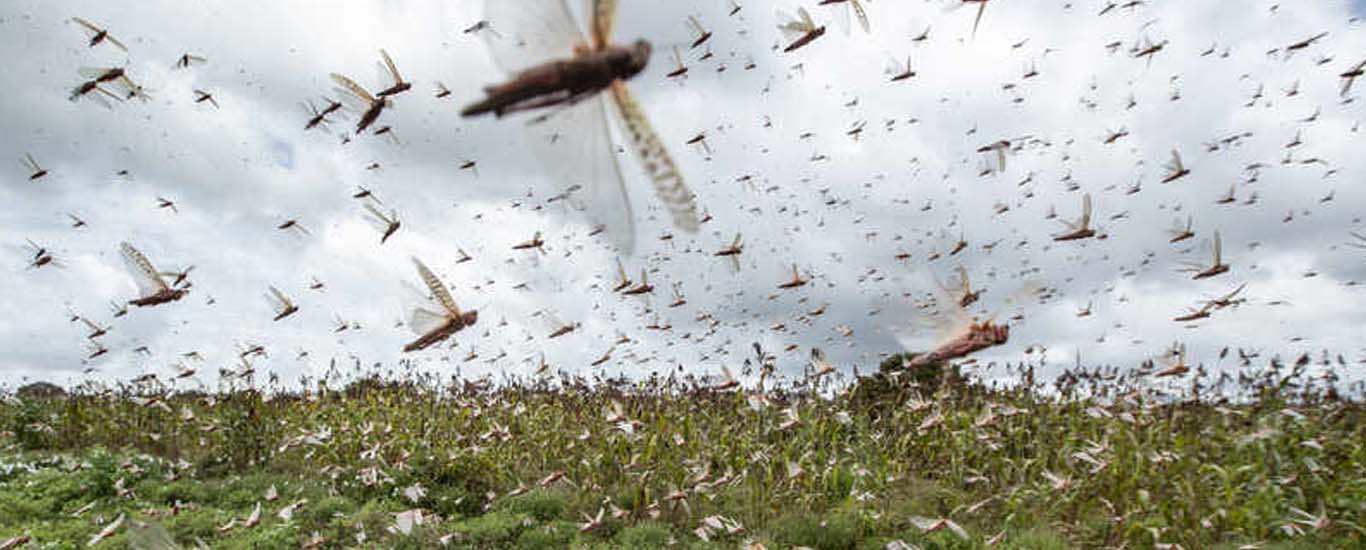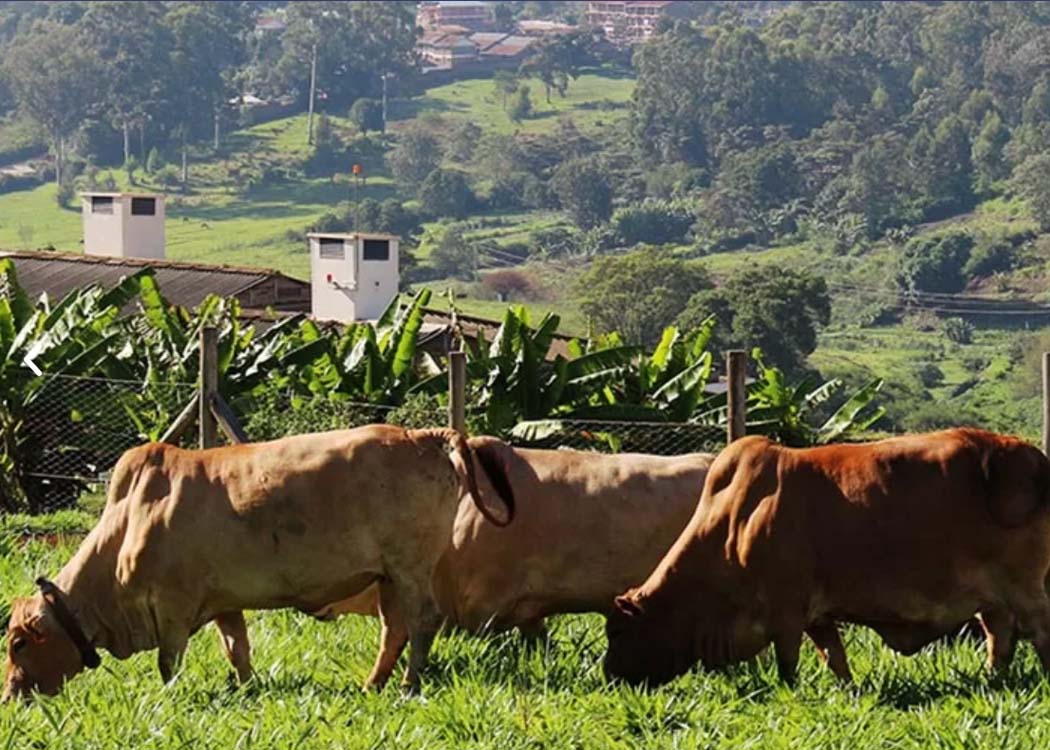ISLAMABAD: China has agreed to assist Pakistan to combat the menace of locust in various parts of the country with $5 million technical support besides providing 50 drones and 300,000 litres of pesticides to carry out spray in affected areas of Sindh, Balochistan and Punjab.
Secretary of National Food Security and Research Muhammad Hashim Popalzal told that the Chinese government had decided to send drones urgently, and the first batch of drones would reach Pakistan on March 9.
The use of fixed and rotary wing unmanned aerial vehicles (UAV), commonly called drones, are potential means of improving desert locust monitoring, early warning and rapid control, and reducing costs of survey and control operations.
The Chinese authorities would also send technical staff to carry out operation and train staff of the Plant Protection Department and concerned provincial departments, he said.
The government is negotiating with a mission of the Chinese aviation industry for the supply of aircraft to carry out aerial spray in the locust-affected areas. Mr Popalzai said that the government would acquire six aircraft on lease for three to four months to completely eliminate locusts from agricultural fields of the country.
Earlier, A Chinese technical team completed its two-week mission to Pakistan and left for Beijing. The team visited the locust-affected areas of Sindh, Balochistan and Punjab and had final wrap-up meetings at the ministry of national food security and the national disaster management authority.
The Chinese assistance is part of strengthening the national action plan to combat the locust attack that has caused serious damage to agro-pastoral resources of the country. Desert locust is an international trans-boundary concern with major economic, social and environmental implications.
According to preliminary assessment carried out by the agriculture department in Sindh and Balochistan, the locust attack has damaged crops cultivated on 80,000 hectares of land besides causing serious damage to grazing fields and forest areas.
The most time-critical action now is to effectively eliminate adult locust and hopper bands in already identified breeding zones in a bid to protect crops and livelihoods of at-risk poor farming households, according to an assessment report submitted to FAO.
By doing so, the desert locust will be prevented from spreading to other areas where the ecological conditions are suitable for breeding. In the winter and spring breeding zone of Balochistan, the environment is conducive for locust multiplication because of the recent rains. The breeding zones are Gwadar, Uthal, Khuzdar, Nushki, Kharan, Panjgarh and Turbat divisions.
Similarly, the summer and monsoon breeding zones of locusts are Sukkur, Mirpurkhas divisions in Sindh and Rahim Yar Khan and Bahawalpur divisions in Punjab, where the locust swarms may start breeding following the monsoon rains in June-July.





